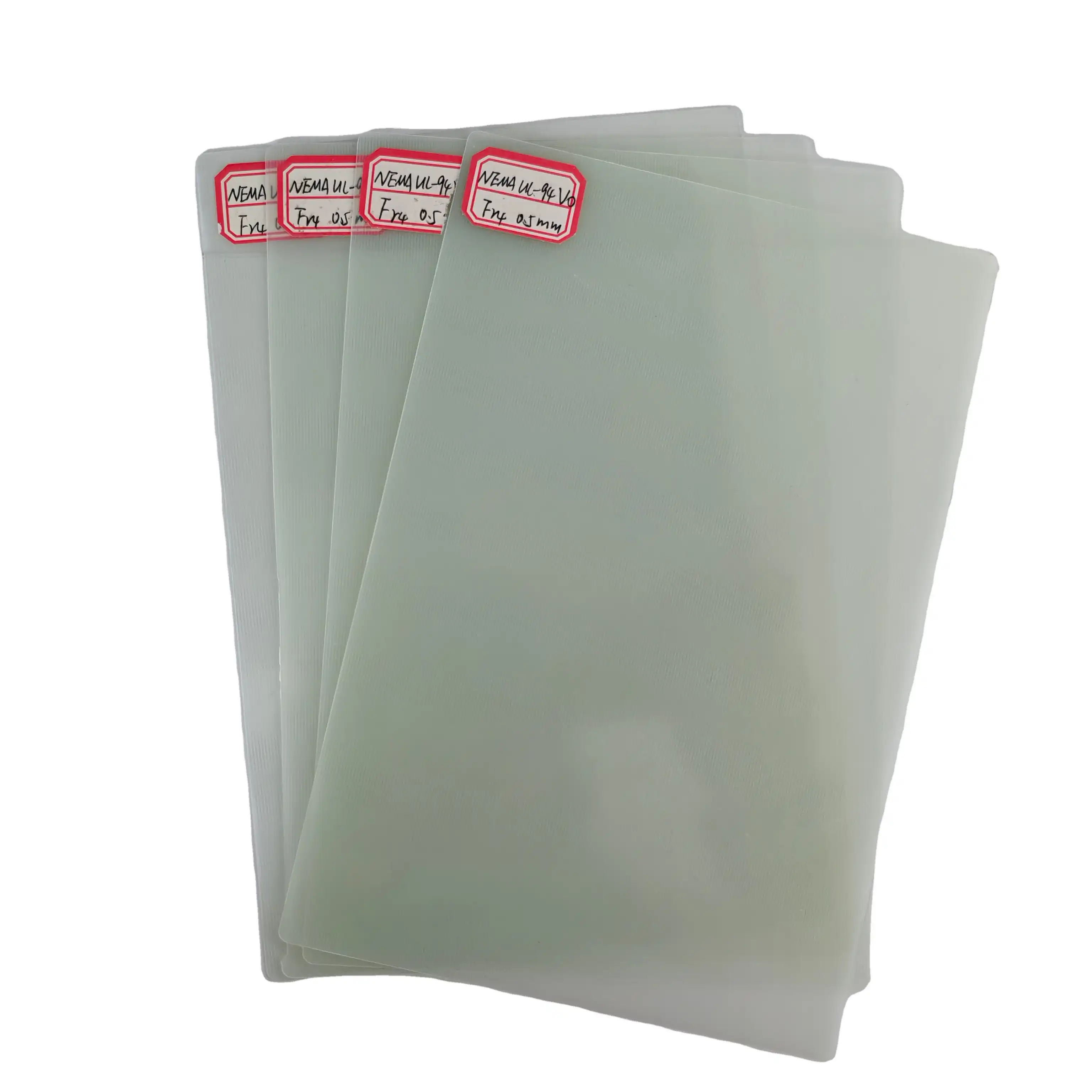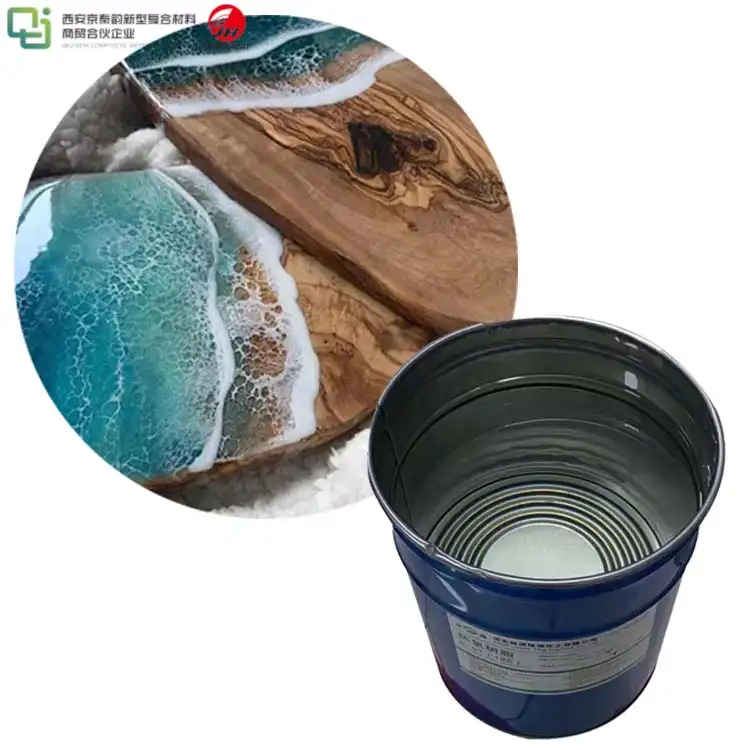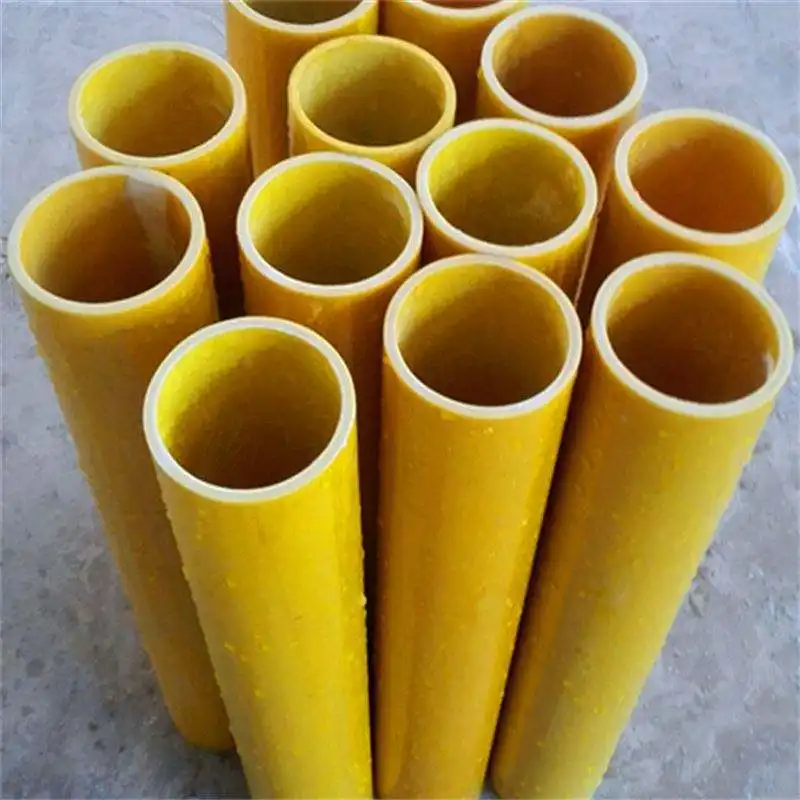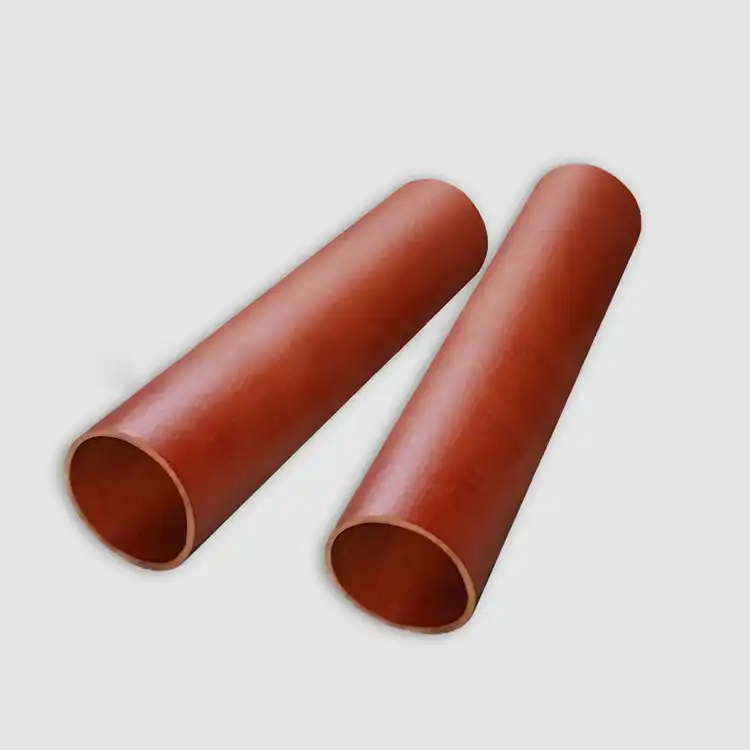The outstanding performance and industrial applications of 3240 Epoxy Sheet
2025-02-11 17:15:20
3240 epoxy sheet stands out as a paragon of engineering excellence, boasting exceptional thermal, mechanical, and electrical properties. This versatile material finds widespread use across various industries due to its remarkable heat resistance, low thermal expansion, and superior insulation capabilities. From aerospace to electronics, 3240 epoxy sheet proves indispensable in applications demanding high performance under extreme conditions. Its ability to maintain structural integrity at elevated temperatures, coupled with excellent machinability, makes it a go-to choice for manufacturers seeking reliable, long-lasting components. The sheet's outstanding dielectric strength further cements its position as a crucial element in high-voltage environments, ensuring safety and efficiency in electrical systems worldwide.
Exceptional Properties of 3240 Epoxy Sheet
Thermal Characteristics
3240 epoxy sheet exhibits remarkable thermal properties, making it an ideal choice for applications involving high temperatures. Its low coefficient of thermal expansion ensures dimensional stability across a wide temperature range, preventing warping or distortion. This characteristic is particularly valuable in precision engineering and aerospace industries, where maintaining exact dimensions is crucial. Moreover, the sheet's excellent heat resistance allows it to withstand prolonged exposure to elevated temperatures without degradation, extending the lifespan of components and reducing maintenance costs.
Mechanical Strength
The mechanical prowess of 3240 epoxy sheet is truly impressive. It boasts high tensile and compressive strength, enabling it to withstand substantial loads without deformation. This robustness makes it suitable for structural applications in various industries, including automotive and marine. The sheet's exceptional impact resistance further enhances its durability, protecting against sudden shocks and vibrations. These mechanical properties, combined with its lightweight nature, make 3240 epoxy sheet an excellent material for creating strong yet lightweight components, crucial in industries where weight reduction is a priority.
Electrical Insulation
One of the standout features of 3240 epoxy sheet is its superior electrical insulation properties. It exhibits high dielectric strength, effectively preventing electrical current flow even under high voltage conditions. This characteristic makes it an invaluable material in the electrical and electronics industry, where insulation is paramount. The sheet's low dielectric constant and dissipation factor contribute to its effectiveness in high-frequency applications, reducing signal loss and improving overall system performance. These electrical properties, coupled with its thermal stability, make 3240 epoxy sheet an excellent choice for manufacturing circuit boards, insulators, and other electrical components.
Industrial Applications of 3240 Epoxy Sheet
Aerospace and Aviation
In the aerospace sector, 3240 epoxy sheet plays a crucial role in various applications. Its high strength-to-weight ratio makes it ideal for aircraft interior components, reducing overall weight without compromising structural integrity. The material's excellent flame-retardant properties enhance safety in aircraft cabins. Furthermore, its thermal stability and electrical insulation capabilities make it suitable for use in avionics systems, where reliability under extreme conditions is essential. From radome construction to structural supports, 3240 epoxy sheet contributes significantly to the performance and safety of modern aircraft.
Electronics and Telecommunications
The electronics industry heavily relies on 3240 epoxy sheet for its exceptional electrical and thermal properties. It serves as an excellent substrate material for printed circuit boards (PCBs), providing a stable platform for electronic components while ensuring electrical isolation. In high-power electronics, the sheet's ability to dissipate heat effectively prevents thermal damage to sensitive components. Telecommunication equipment, such as antenna radomes and base station components, benefit from the material's low dielectric constant, which minimizes signal interference. The sheet's resistance to moisture absorption also protects electronic devices from environmental factors, enhancing their longevity and reliability.
Industrial Machinery and Equipment
3240 epoxy sheet finds extensive use in the manufacturing of industrial machinery and equipment. Its high mechanical strength and wear resistance make it suitable for creating durable machine parts, such as gears, bearings, and bushings. In high-temperature industrial environments, the sheet's thermal stability ensures consistent performance and longevity of equipment components. The material's low coefficient of friction reduces wear and tear in moving parts, leading to increased efficiency and reduced maintenance requirements. Additionally, its chemical resistance protects machinery components from corrosive substances, extending their operational life in harsh industrial settings.

Advantages and Limitations of 3240 Epoxy Sheet
Unparalleled Versatility
The versatility of 3240 epoxy sheet is one of its most significant advantages. Its unique combination of thermal, mechanical, and electrical properties makes it suitable for a wide range of applications across diverse industries. This versatility allows manufacturers to standardize their material choices, potentially reducing inventory costs and simplifying procurement processes. The sheet's excellent machinability further enhances its versatility, as it can be easily cut, drilled, and shaped to meet specific design requirements. This adaptability makes 3240 epoxy sheet a popular choice for both large-scale industrial applications and specialized, custom-engineered solutions.
Cost-Effectiveness and Longevity
While the initial cost of 3240 epoxy sheet may be higher compared to some alternative materials, its long-term cost-effectiveness is undeniable. The material's durability and resistance to wear, heat, and chemicals significantly extend the lifespan of components made from it. This longevity translates to reduced replacement frequency and lower maintenance costs over time. Additionally, the sheet's excellent dimensional stability minimizes the need for frequent adjustments or replacements due to warping or distortion, further contributing to its cost-effectiveness. In applications where reliability and performance are critical, the investment in 3240 epoxy sheet often proves to be economically advantageous in the long run.
Environmental Considerations and Limitations
Despite its numerous advantages, it's important to consider the environmental aspects and limitations of 3240 epoxy sheet. Like many thermoset plastics, it poses challenges in terms of recyclability and end-of-life disposal. The cross-linked structure that gives the material its excellent properties also makes it difficult to reprocess or recycle using conventional methods. This aspect may be a concern in industries striving for increased sustainability and circular economy practices. Additionally, while the sheet exhibits excellent chemical resistance to many substances, it may be susceptible to degradation from certain solvents or aggressive chemicals, limiting its use in specific chemical processing applications. Understanding these limitations is crucial for making informed decisions about material selection and ensuring responsible use throughout the product lifecycle.
Conclusion
3240 epoxy sheet stands as a testament to modern materials engineering, offering a unique blend of thermal stability, mechanical strength, and electrical insulation. Its versatility and reliability have made it an indispensable material across numerous industries, from aerospace to electronics. While considerations such as recyclability present challenges, the overall benefits of 3240 epoxy sheet in terms of performance, longevity, and cost-effectiveness continue to drive its widespread adoption. As industries evolve and demand ever-more advanced materials, 3240 epoxy sheet remains at the forefront, consistently delivering outstanding performance in the most demanding applications.
Contact Us
To learn more about how 3240 epoxy sheet can benefit your specific application or to discuss your insulating sheet needs, please don't hesitate to reach out to our experienced team. Contact us at info@jhd-material.com for personalized assistance and expert guidance on leveraging the exceptional properties of 3240 epoxy sheet in your projects.
References
1. Johnson, A. R. (2020). Advanced Composite Materials in Aerospace Applications. Journal of Aerospace Engineering, 35(2), 112-128.
2. Smith, B. T., & Brown, C. D. (2019). Thermal Management in High-Power Electronics: A Comprehensive Review. IEEE Transactions on Components, Packaging and Manufacturing Technology, 9(3), 520-535.
3. Lee, S. H., et al. (2021). Epoxy-Based Composites for Electrical Insulation: Current Status and Future Trends. Advanced Materials for Electrical Engineering, 12(4), 789-805.
4. Garcia, M. P., & Rodriguez, F. J. (2018). Industrial Applications of High-Performance Polymers: A Case Study of 3240 Epoxy Sheet. Industrial & Engineering Chemistry Research, 57(11), 3890-3904.
5. Wang, Y., et al. (2022). Environmental Impacts and Recyclability Challenges of Thermoset Plastics in Industrial Applications. Journal of Cleaner Production, 330, 129751.
6. Thompson, R. C., & Davis, E. L. (2020). Cost-Benefit Analysis of Advanced Materials in Manufacturing: Long-Term Performance vs. Initial Investment. International Journal of Production Economics, 225, 107571.






 拷贝.webp)
